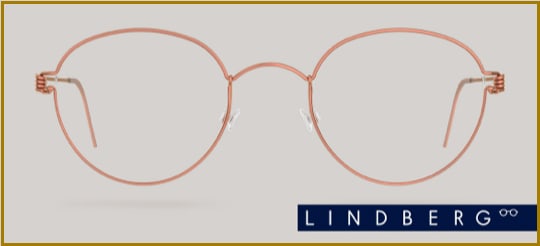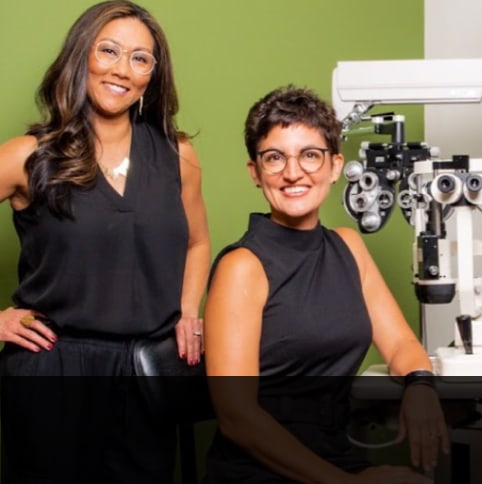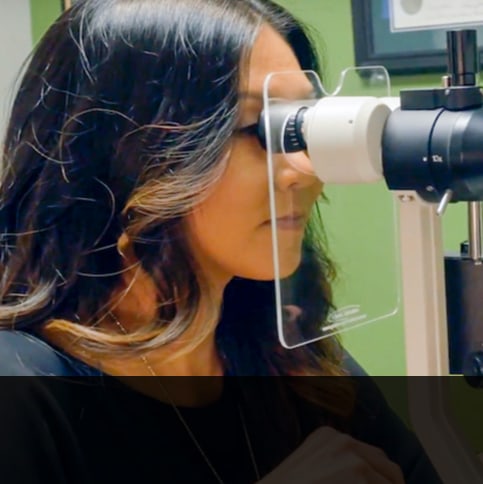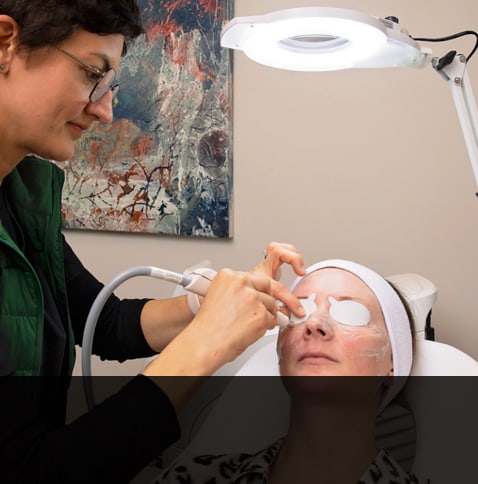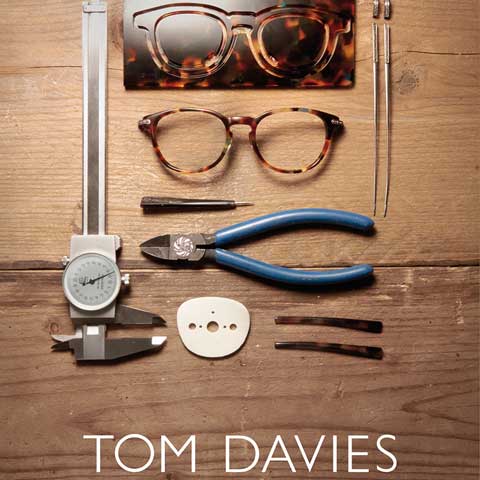Focusing on Your Health & Happiness
There’s always something good happening at Uptown Eyes Eyewear Gallery. When we opened our doors in 2011, we were motivated by more than a keen eye for design. Our practice was founded with a focus on helping patients. We love stylish, quality frames because eyewear can change lives—restoring the gift of vision or inspiring confidence.
We offer a comprehensive range of eye care services, from eye exams for the whole family to dry eye treatment. Whether you’re browsing our frames gallery or need in-depth care for managing eye disease, your experience with us is our highest priority.
Book AppointmentOur Mission
Uptown Eyes Eyewear Gallery is where optimal ocular health meets exclusive, curated eyewear with a premier and unique eye care experience.
Our goal is to promote health and wellness. We want to share our passion for helping patients see with style. From the smiling faces of our team to every detail we “polish,” Uptown Eyes is dedicated to providing personalized care for all your visual needs.

Core Values That Define Us
Kindness
Experience
Integrity
Our Commitment to Fayetteville Wellness
At Uptown Eyes, we believe in caring for the whole person. That’s why we promote wellness in our practice and our community. From nutritional therapy to dry eye treatments, we offer proactive ways to prevent symptoms from worsening and optimize visual quality of life. We are also passionate about promoting breast cancer awareness, and offer the new breast cancer screening through the TEARS: Auria by Namida Labs.
Meet Our Team
Patient Information Forms
Core values that define us
Kindness
Experience
Integrity
Visit Our Location
Find us in The Shoppes at Steele Crossing shopping center, located on the northeast corner at the intersection of Joyce Boulevard and Steele Boulevard. Our space is between Smitty’s Garage and Scott Frame and Art.

Our Address
- 100 E. Joyce Blvd., Suite #104
- Fayetteville, AR 72703
Contact Information
- Phone: 479-966-4232
- Fax: 479-966-4251
- Email: [email protected]
Our Hours
Hours
- Monday: 8:00 AM – 5:00 PM
- Tuesday: 8:00 AM – 5:00 PM
- Wednesday: 8:00 AM – 5:00 PM
- Thursday: 8:00 AM – 5:00 PM
- Friday: 8:00 AM – 2:00 PM
- Saturday: Closed
- Sunday: Closed
Our Services
Our Brands
Explore our Eyewear Gallery

